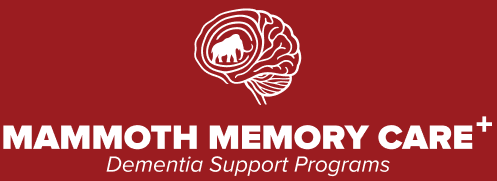Understanding the Different Types of Dementia

- Health Tips, Information
- August 20, 2025
- user
Understanding the Different Types of Dementia
Dementia is not a single disease but a group of conditions that affect memory, thinking, and behavior. Each type has unique symptoms and progression patterns, making early diagnosis and tailored care essential.
1. Alzheimer’s Disease
The most common form of dementia, Alzheimer’s is marked by gradual memory loss, confusion, and difficulty performing daily tasks. It’s caused by abnormal protein deposits that damage brain cells.
2. Vascular Dementia
Triggered by reduced blood flow to the brain—often after a stroke—this type leads to problems with reasoning, planning, and organization more than memory.
3. Lewy Body Dementia
Characterized by abnormal protein deposits called Lewy bodies, it causes fluctuations in alertness, visual hallucinations, and Parkinson’s-like movement issues.
4. Frontotemporal Dementia (FTD)
This type affects the frontal and temporal lobes, leading to personality changes, inappropriate behavior, and difficulty with speech and language.
5. Mixed Dementia
A combination of two or more types, often Alzheimer’s and Vascular Dementia, with overlapping symptoms.
Takeaway: While dementia can seem overwhelming, understanding its different types helps families and caregivers provide better support and ensures that patients receive the right care at the right time.
How Mammoth Memory Care Can Help
At Mammoth Memory Care, we understand that every type of dementia requires a tailored approach. Our programs combine specialized therapies, caregiver training, and emotional support to ensure that patients receive care suited to their unique needs. Whether it’s helping families manage Alzheimer’s-related memory loss, supporting those with vascular dementia in maintaining cognitive strength, or guiding loved ones through behavioral changes in FTD—we provide a comprehensive care ecosystem.
With a blend of in-person support and tele-health options, Mammoth Memory Care empowers families to navigate dementia with confidence, compassion, and the right tools at every stage.

